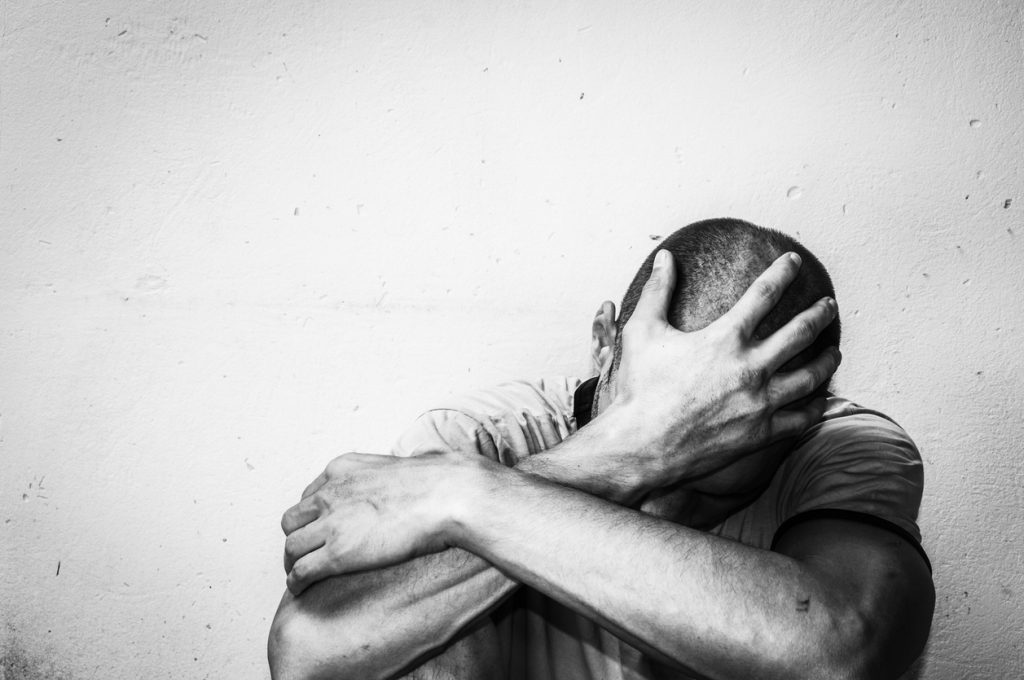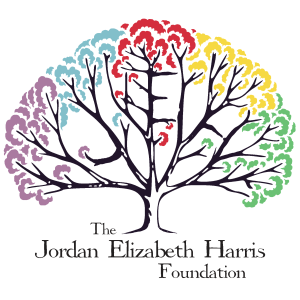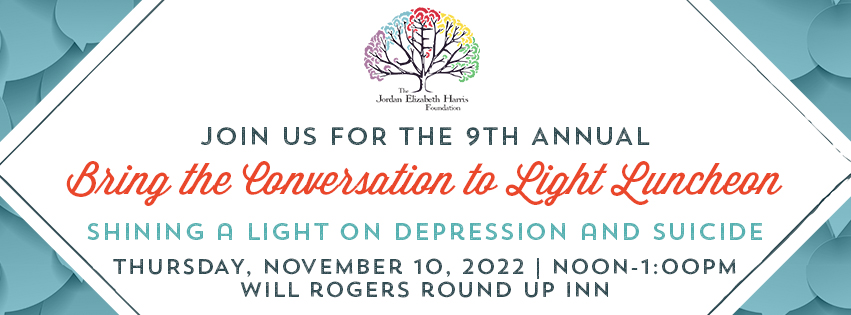Changing the Narrative by Bringing the Conversation to Light
It has long been said that one death by suicide affects six people. This figure is based on the assertions of Edwin Shneidman, a psychologist who based this figure on the average size of an immediate family in the 1970s.
It is, unfortunately, wrong.

In a study done by Dr. Julie Cerel of the University of Kentucky for the Military Suicide Research Consortium, it was found that one death by suicide affects 135 people.
In Tarrant County, we lose around 300 people to suicide annually, which means that about 40,500 people are impacted by this tragic loss.
 I recently sat down with Brad Nowlin, a Licensed Marriage and Family Therapist with Fort Worth Counseling who is on the Board of Directors of the Jordan Elizabeth Harris Foundation (JEHF).
I recently sat down with Brad Nowlin, a Licensed Marriage and Family Therapist with Fort Worth Counseling who is on the Board of Directors of the Jordan Elizabeth Harris Foundation (JEHF).
The JEHF is dedicated to preventing suicide, eliminating the stigma surrounding mental health and suicide, and providing hope to people struggling with depression. It was founded in 2014 by Tom and Ellen Harris to honor the memory of their daughter Jordan, who died by suicide on March 27, 2012.
Over Dutch Babies and coffee at Ol’ South Pancake House, Nowlin and I discussed what people like you and I can do to change the narrative surrounding mental health and suicide.
First and most importantly, if you or someone you know is experiencing thoughts of suicide, please call 988 (the Suicide and Crisis Hotline) or text HELLO to 741741 (the Crisis Text Line).
Nowlin said that according to the Interpersonal Psychological Theory of Suicide (IPTS; Joiner 2005), there are three things that can contribute to a person attempting suicide. “The first is ‘thwarted belonging.’ Loss of a job, a divorce or breakup… when someone is kicked out of their community, they are vulnerable. Then there is ‘perceived burdensomeness.’ A person who is contemplating suicide often mistakenly feels that their loved ones will be better off without them. And finally, there is the capacity to act. If a person has access to a means of suicide [guns, pills, etc.], they are more likely to make that attempt.”
However, there is evidence that most people who are prevented from completing suicide never attempt again, i.e. they are single attempters.

Jordan Elizabeth Harris
Photo courtesy of the Jordan Elizabeth Harris Foundation
Education is key to prevention. And that means educating us: the loved ones, the friends and family. A person who is contemplating suicide is not thinking rationally. Depression is a liar – it tells people that they are unloved and unlovable. That they are no good. Worthless. Less than. It steals a person’s self-worth.
By educating ourselves on the signs of suicidal behavior, we can hopefully help prevent the loss of our loved ones. We can reduce access to the means of suicide. We can enlist the help of community and mental health professionals.
By educating ourselves on mental illnesses, we can remove the stigma and the resulting shame surrounding a diagnosis of a mental illness. We no longer whisper that someone has “the Big C.” Why should we treat mental illnesses any differently than cancer or arthritis or heart disease?
The JEHF works hard in our community to educate people. The Foundation provides QPR training (Question, Persuade, Refer) for individuals and organizations. They were essential in bringing Hope Squad, a school-based peer support program that empowers students to take action to prevent suicide, to schools across North Texas.
Nowlin wants to spread the word about the JEHF and their work in North Texas because he has been directly affected, both personally and his professionally, by suicide. He has vowed to keep talking to reduce the stigma, thereby making it so those 135 people will not know the pain of losing someone to suicide.
If you want to learn more about the JEHF and its lifesaving work, make plans to attend the 9th Annual Bring the Conversation the Light Luncheon, either in person or virtually.
Bring the Conversation to Light Luncheon
Thursday, November 10, 2022 (Brad Nowlin’s birthday!)
Noon to 1 pm
Will Rogers Round Up Inn
3401 W Lancaster Ave, Fort Worth, TX 76107
To register, please click here.

 Lee Virden Geurkink (seen here with her sister, Rachel, who died by suicide in 2009) wants to change the narrative surrounding suicide and mental health by erasing the stigma attached to them. She misses her sister every day.
Lee Virden Geurkink (seen here with her sister, Rachel, who died by suicide in 2009) wants to change the narrative surrounding suicide and mental health by erasing the stigma attached to them. She misses her sister every day.


 Sign in
Sign in

